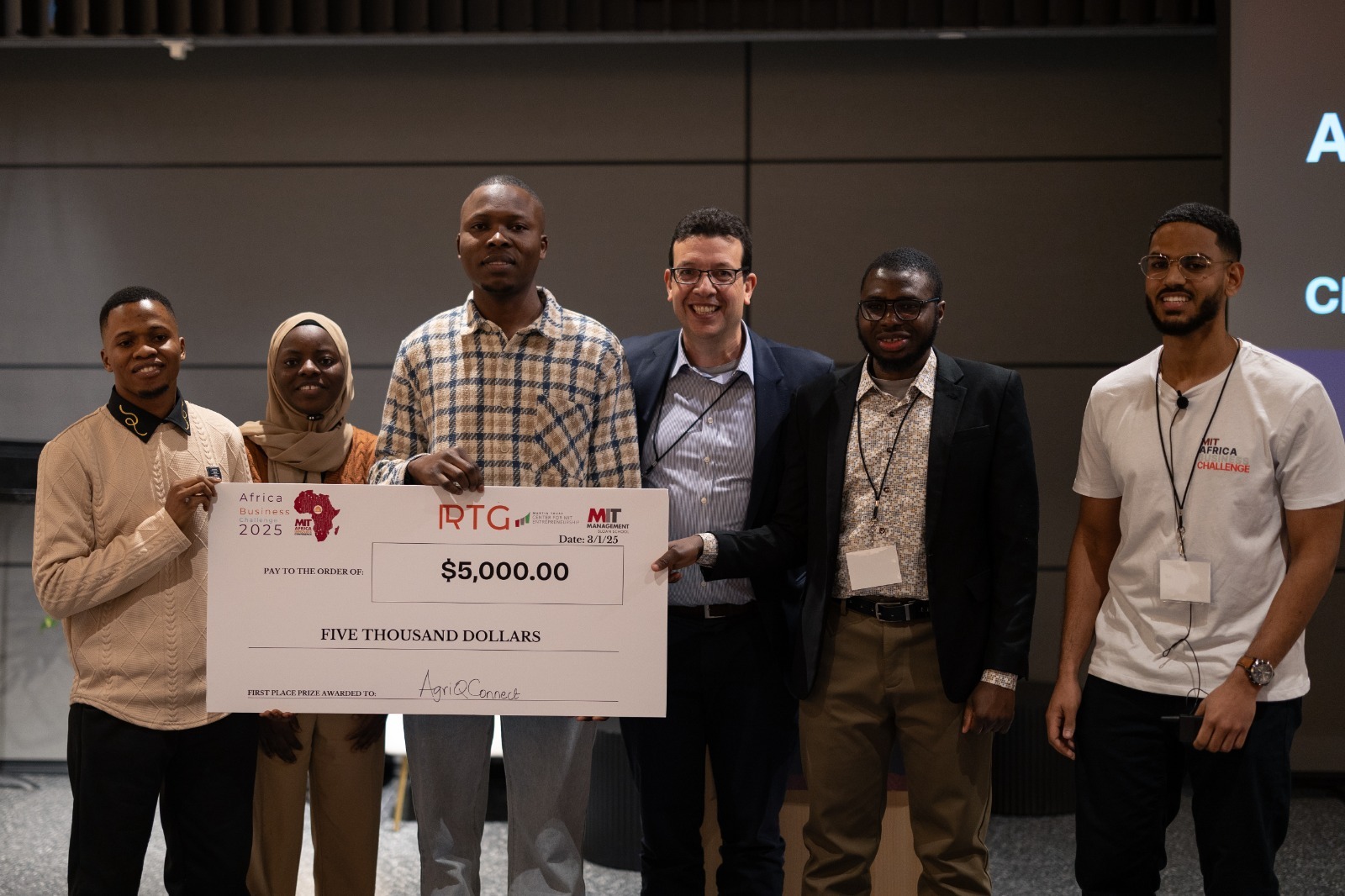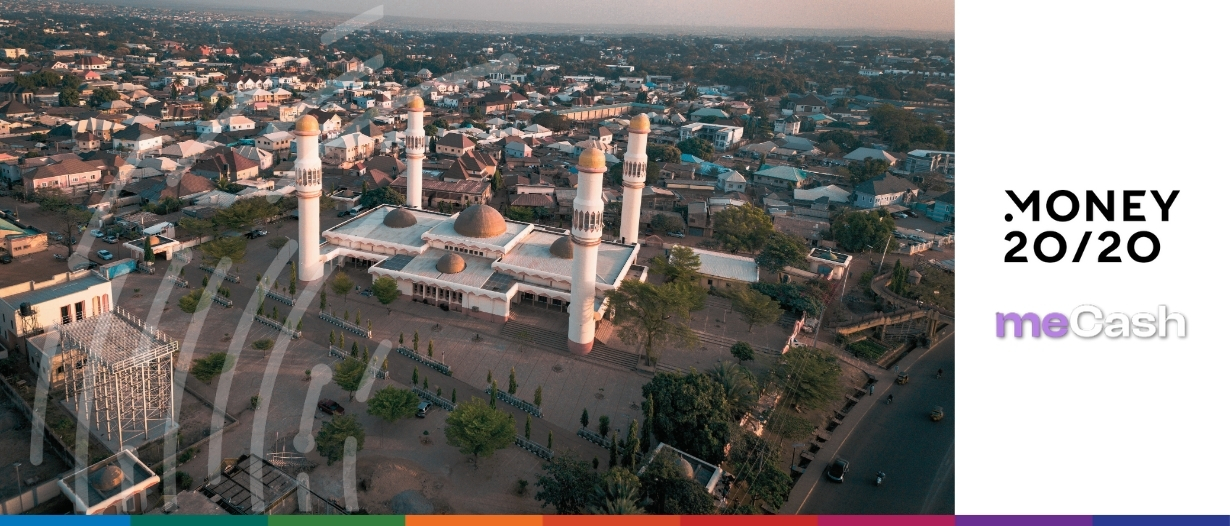MTN Nigeria Launches $65,200 'From Africa, for Africa' Accelerator Program for Tech Startups
MTN Nigeria launched its “From Africa, for Africa” accelerator program on Wednesday, July 2, with applications open for startups to join the 12-week initiative starting in September. The program, supported by a 100 million naira fund (approximately $65,200), aims to assist high-potential startups across sectors such as fintech, agritech, health, education, artificial intelligence, and cybersecurity. It offers extensive support, including funding, mentorship, access to MTN’s technological tools, and connections to a network of experts and investors.
This initiative is part of MTN Nigeria’s broader commitment to digital transformation. The company has already committed 3 billion naira to the government-led “3 Million Technical Talent (3MTT)” program, which has successfully trained more than 90,000 Nigerians in digital skills, according to preliminary reports. During the program’s launch, MTN Nigeria’s Chief Enterprise Business Officer, Lynda Saint-Nwafor, referred to the accelerator as “a launchpad to greatness,” highlighting its use of MTN’s cloud infrastructure to propel Africa’s digital future.
The accelerator will feature a blend of in-person sessions in Lagos and virtual workshops. The program kicks off and concludes with physical events, with the intervening weeks focusing on online workshops, product design sprints, and personalized mentorship. Startups selected for the program will have exclusive access to MTN’s tech infrastructure, including Cloud services, MoMo APIs, and data analytics tools. Additionally, participants will receive commercial and marketing support, culminating in a demo day where startups will pitch their ideas to investors and potential partners.
The success of the program will hinge on the diversity of the selected startups and their potential to create sustainable jobs, particularly in rural and underserved markets. The initiative is entering an increasingly competitive field of tech accelerators in Africa, competing with established programs such as the Google for Startups Accelerator Africa and Telecel-Startupbootcamp AfriTech’s ASIP program, both of which report retention rates close to 90%.
To maximize its impact, the program will need to closely coordinate with public training and employment policies. In addition, tracking outcomes rigorously will be essential for refining the program’s approach and validating its role in strengthening a resilient and inclusive African tech ecosystem.






